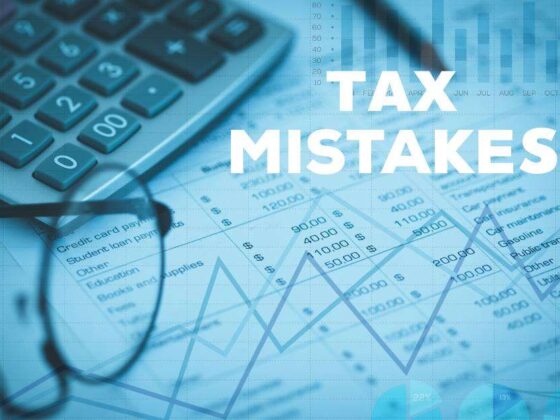As we look ahead to 2025, complexities abound in the landscape of home selling. The economy, with its intricate web of influences, plays a pivotal role in shaping the decisions of both sellers and buyers. Interest rates fluctuate, job markets evolve, and consumer confidence waxes and wanes.
These factors intertwine to create an ever-changing real estate market, often making it a daunting task for those looking to sell. Do you stand to gain or lose? Will your home be a hot commodity, or will it languish on the market?
Understanding the nuances of economic shifts and their direct implications can be the key to successful home selling in this dynamic era. Prepare to navigate the intricate dance of market trends, and uncover how economic forces could affect your selling strategy in ways you might not expect.
Market Dynamics: Supply and Demand in a Shifting Economy

Market dynamics in 2025 are poised for a fascinating transformation, as the pulse of supply and demand fluctuates in response to economic shifts. On one hand, an influx of first-time homebuyers, encouraged by low interest rates and favorable lending conditions, may collide with a housing stock challenged by limited new constructions and potential zoning regulations.
This juxtaposition could create a bottleneck, driving prices upward in suburban areas while urban centers grapple with a surplus of inventory amid changing work-from-home trends. Meanwhile, inflationary pressures might cause homeowners to reconsider their sale timelines, as the prospect of moving could lead to increased costs.
Thus, the interplay of these factors sets the stage for a real estate market where savvy sellers must adapt swiftly, juggling competitive pricing strategies with the evolving preferences of buyers navigating this unpredictable economic landscape.
Consumer Confidence: The Pulse of the Real Estate Market
Consumer confidence serves as a vital indicator for the real estate market, acting like a barometer reflecting buyers’ and sellers’ sentiments. When people feel secure in their jobs and optimistic about the economy, they are more likely to invest in property, driving up demand and, consequently, home prices.
Conversely, a dip in confidence can lead to hesitation, with potential buyers holding back from making significant investments. In 2025, as economic variables like inflation rates, interest changes, and employment statistics intertwine, the pulse of consumer sentiment will likely dictate trends in housing supply and demand.
The emotional landscape of home sales can shift rapidly; a single report can sway perceptions, sending ripples through the market. Understanding this relationship is crucial for anyone considering selling their home, as the broader economic environment will influence buyers willingness to commit.
Tech Advancements and Economic Shifts

As we gaze into the crystal ball of 2025, the intertwining of technology and the economy becomes increasingly evident, dramatically reshaping the landscape of home selling. Emerging innovations such as AI-driven home valuations and virtual reality tours are turning traditional selling practices on their head, allowing homeowners to reach potential buyers across the globe in mere clicks.
Yet, while these tech advancements provide unprecedented access and efficiency, they also coincide with economic fluctuations that can influence market demand. Will interest rates continue their upward climb, dampening buyer enthusiasm?
Or will a robust job market fuel an influx of buyers eager to invest? As sellers navigate these rapidly changing currents, the ability to adapt becomes paramount. In this complex scenario, understanding the interplay of technological empowerment and economic forces will be essential for maximizing the value of your home in the future.
Conclusion
In conclusion, navigating the home-selling process in 2025 will inevitably involve careful consideration of economic factors, including interest rates, inflation, and market demand. Homeowners must stay informed about economic trends and regional markets to make strategic decisions that will optimize their selling experience.
By understanding how these elements interact, sellers can position their homes effectively and attract the right buyers.
For those who prefer a more streamlined alternative, exploring options like https://gordonbuyshomes.com/we-buy-houses-grand-rapids-michigan/ can provide quick and hassle-free solutions tailored to diverse selling scenarios.
Ultimately, being equipped with the right information and resources will empower homeowners to achieve their goals in an ever-evolving economic landscape.


